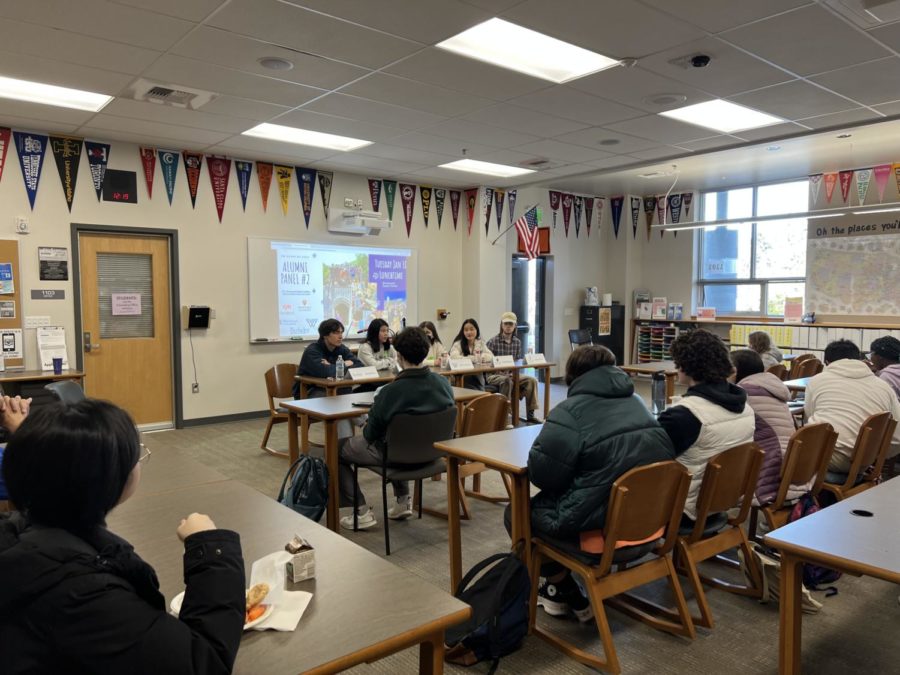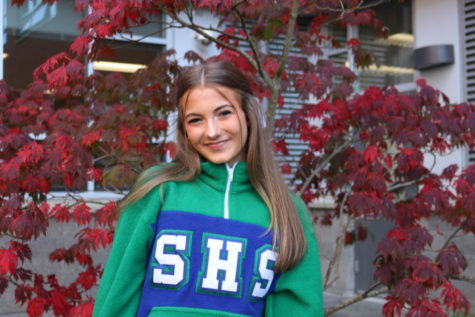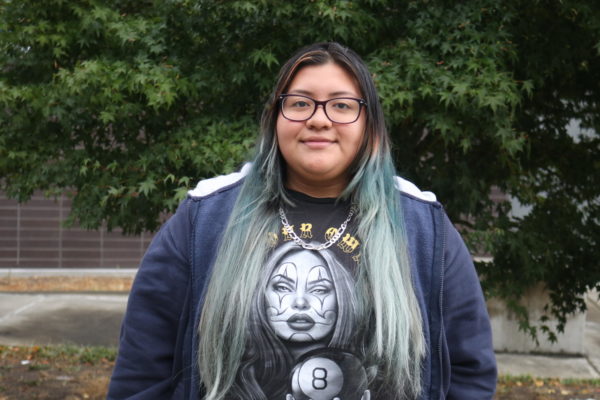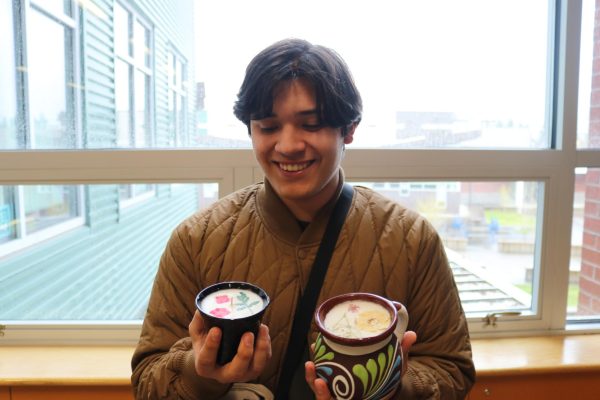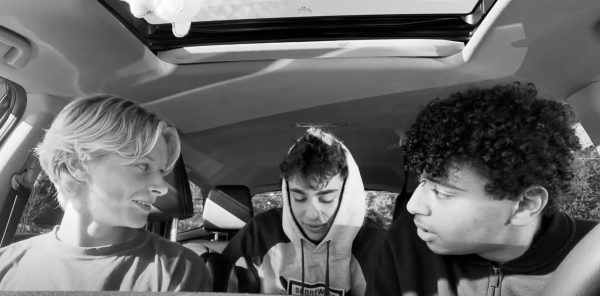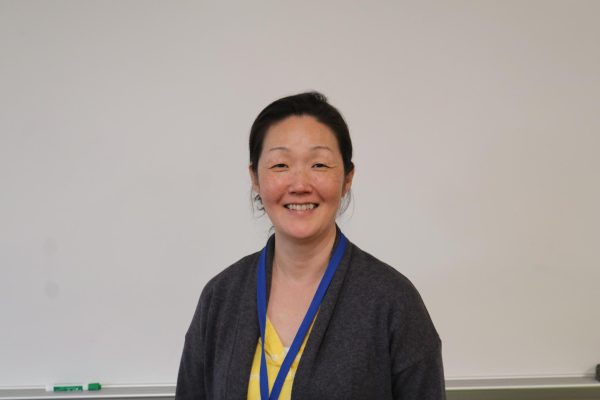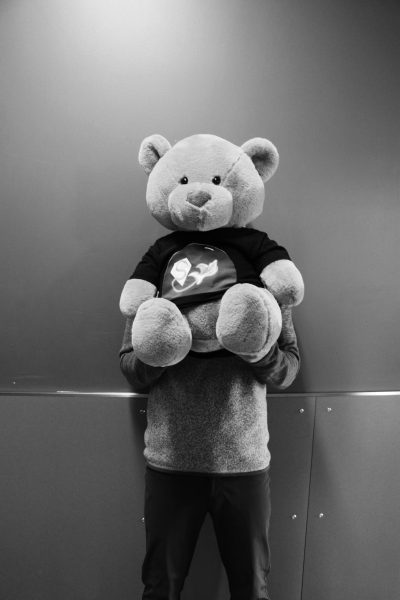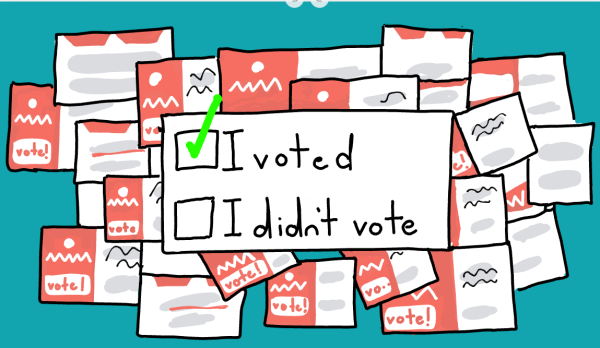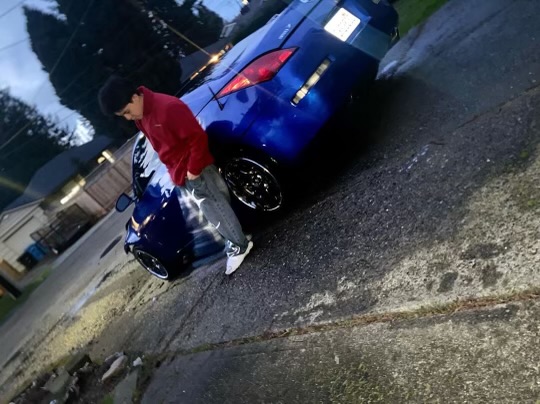College Corner: Advice from seniors on beginning the college search process
Students in the College and Career Center listen as Shorewood alumni talk about college life. (Photo courtesy of Marianne Stephens)
January 31, 2023112 Views
I didn’t know exactly what I wanted,” “I want to stick with the culture I grew up with,” “I’ve always known that I wanted to stay in state,” “it really depends on financial aid.” These are some of the words of seniors going through the process of searching and applying for colleges. So many questions, and unknowns with so little direct answers, and possibly one of the biggest independent free response projects you will complete in high school.
For juniors, almost halfway through the school year and nearing this time, it can seem daunting and overwhelming, while all being exciting. And a relief from the seniors who are finishing up this process with majors and colleges in mind, navigating this process with the help of parents, teachers, staff and their own tips and ways of organization they learned.
All students have different approaches to the college search process, including seniors Lucy Shumway and Maya Berhane, who have always known where they want to go, with Shumway starting her college search process in middle school. Other seniors, such as Kian Hammer and McKinley Martsolf, are keeping their list long and open for opportunities.
Berhane emphasizes the complexity of the process, knowing she wants to stay in Washington the culture she has known and grappling with the high cost, and benefit of financial aid. “But it really depends on
financial aid because going outside of Washington gets really expensive and I want to go to graduate school so I’m already going to be in school for a really long time. I don’t want to be hundreds of thousands of dollars in debt,” she said.
Berhane applied to most colleges on the coast and plans to go into STEM with a focus on diversity, knowing that diversity is important to not only her major but college search itself. “I just wanted to apply to colleges that agreed with the way that I think of the world and accommodated my identity,” she said.
All students emphasize the importance of making a list of the qualities you want in a college, and then basing your colleges off those qualities. Both Martsolf and Hammer are focusing on places they can find community, get involved in activities, and be with friends.
Martsolf plans to study Criminology, his top three schools being Washington’s top three criminology schools–Washington State University, Gonzaga, and Seattle University–and having connections and knowing friends at some of those already has been a draw for him to continue to stay involved. “There’s also that feel. I want that sense of community…It makes me want to be there, my friends are there,” he said.
Hammer adds on to this aspect of involvement that is driving his search. “That’s why I’m applying to a lot of schools because I don’t have a lot of things that I’m really looking for, so I will make that decision when I know what I get into,” he said.
Hammer plans on majoring in computer science and shares that he felt like he was behind in starting his college search process in the fall of senior year but was able to use resources, including Ms. Stephens, to increase his list. “I didn’t know exactly what I wanted, so she gave me a lot of options, and I’ve researched a lot of them, and I’m applying to a lot of schools because of it,” he said.
Despite that the college resources and workshops can be overwhelming at times with an abundance of information, Hammer and others encourage juniors to utilize those resources to their advantage. “I thought that applying to college would be a lot harder than it actually was. It was daunting at first, especially at the college workshops. There is so much information…a lot of it is filling out the common app…it’s not that bad,” Hammer said.

